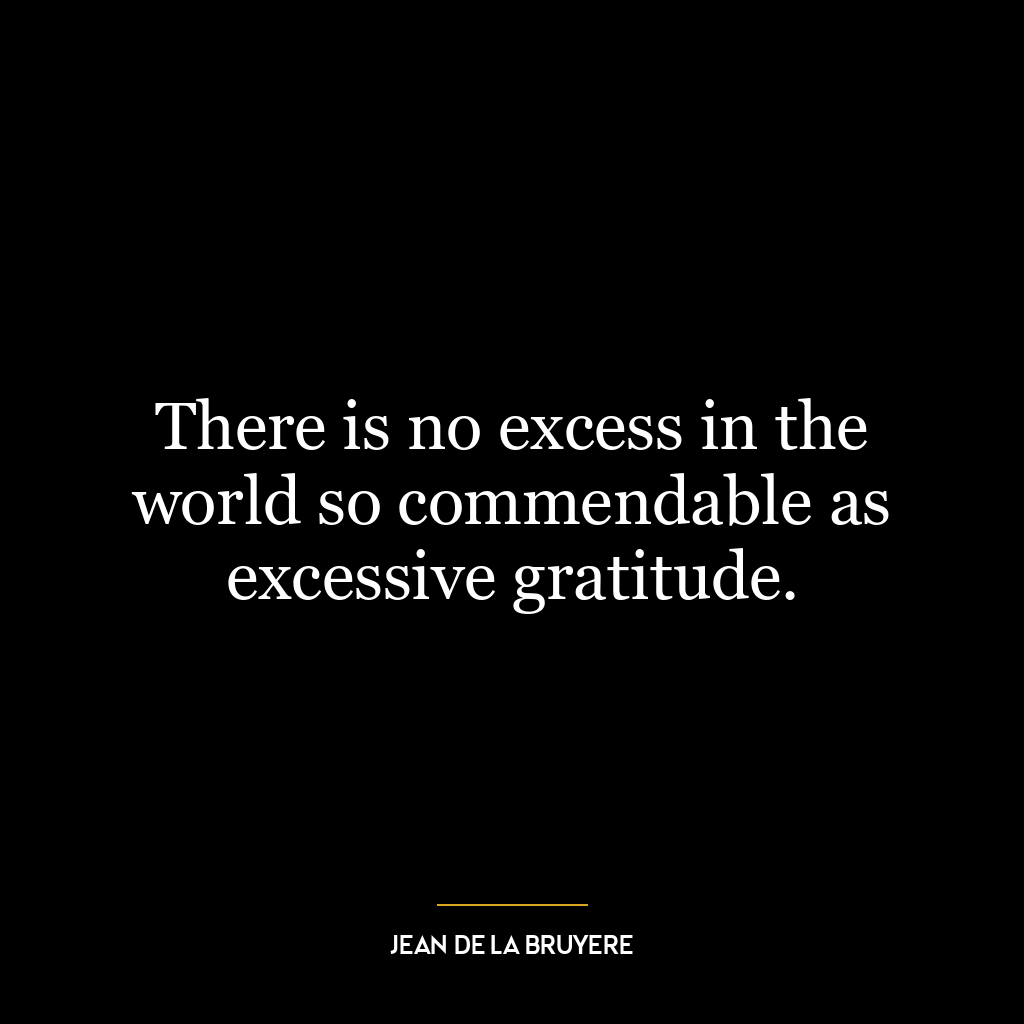This quote suggests that a person should be grateful for their flaws and cautious of their talents. Teh idea behind thanking one’s defects is that they often serve as catalysts for growth and improvement. They push us out of our comfort zones, force us to confront our weaknesses, and inspire us to become better versions of ourselves. Without these defects or shortcomings, we might remain complacent in our abilities and never strive to improve.
Conversely,standing in “terror” of one’s talents could mean recognizing the potential dangers that come with them. talents can lead to arrogance, complacency, or an overreliance on natural ability at the expense of hard work and continuous learning. this part of the quote warns against becoming too comfortable or overconfident in our strengths.
Applying this concept today could involve cultivating a mindset where we see challenges as opportunities rather than obstacles. It encourages embracing personal flaws as essential parts of self-improvement journey rather than something negative.
In terms of personal development, it means continuously striving for growth despite -or even because- your shortcomings exist; while also being aware not to let your strengths blind you from further progression or make you arrogant. For instance if someone is naturally good at public speaking they shouldn’t just rely on this talent alone but continue honing their skills by expanding their vocabulary, studying rhetoric etc., all while remaining humble about their abilities.
In essence this quote emphasizes balance: appreciating the role both strengths and weaknesses play in personal development without letting either hinder progress or inflate ego.















